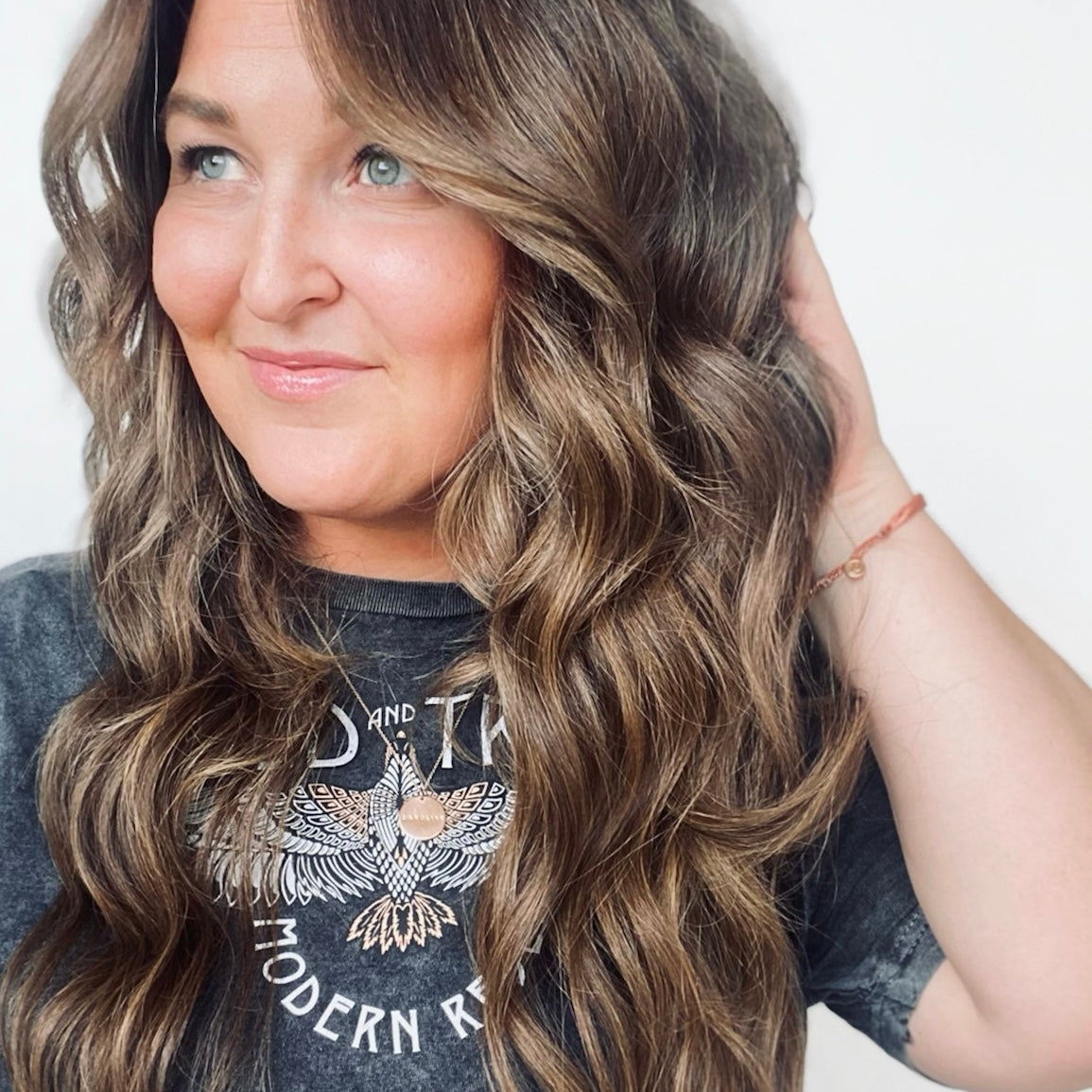
The Link Between Stress and Hair Loss
In our fast-paced modern lives, stress has become an unwelcome companion for many. It's a common experience that affects not only our mental well-being but also our physical health. One area where stress can take a noticeable toll is our hair. In this blog post, we will explore the intricate relationship between stress and hair growth, shedding light on how chronic stress can lead to hair loss.
The Stress-Hair Loss Connection:
Stress-induced hair loss, also known as telogen effluvium, is a condition characterized by excessive shedding of hair due to stressors. It occurs when an individual experiences a significant physical or emotional stressor that disrupts the normal hair growth cycle. While hair loss is a complex issue influenced by multiple factors, stress can be a significant contributing factor.
Understanding the Hair Growth Cycle:
To understand how stress affects hair growth, let's briefly delve into the hair growth cycle. Our hair follicles go through distinct phases: anagen (growth phase), catagen (transitional phase), and telogen (resting phase). During the telogen phase, the hair rests before falling out and making way for new hair growth. Normally, about 10-15% of our hair is in the telogen phase.
Stress and the Hair Growth Cycle:
When we experience intense or prolonged stress, it can disrupt the hair growth cycle, leading to more hair follicles entering the telogen phase prematurely. This phenomenon is known as "shock loss" or "telogen effluvium." The stress triggers send a signal to the body, diverting energy and resources away from non-essential functions like hair growth. As a result, a larger percentage of hair follicles than usual enter the resting phase, leading to noticeable hair shedding.
Hormonal Imbalance and Hair Loss:
Chronic stress also influences the delicate balance of hormones in our bodies. Stress triggers the release of stress hormones, such as cortisol, which, when consistently elevated, can disrupt the hormonal equilibrium. This hormonal imbalance can further contribute to hair loss. For example, increased levels of cortisol can interfere with the production of growth factors necessary for healthy hair growth.
Inflammation and Hair Follicle Health:
Stress can also trigger an inflammatory response in the body. Inflammation disrupts the normal functioning of the hair follicles, impeding their ability to produce strong and healthy hair strands. This inflammatory process can lead to conditions like alopecia areata, where the immune system mistakenly attacks the hair follicles, resulting in patchy hair loss.
Managing Stress to Promote Hair Growth:
While it's challenging to eliminate stress completely from our lives, there are strategies we can employ to manage it effectively and minimize its impact on hair health:
-
Stress Reduction Techniques: Incorporate stress-reducing activities into your daily routine, such as exercise, meditation, deep breathing exercises, or engaging in hobbies that bring joy and relaxation.
-
Prioritize Self-Care: Take time for self-care activities that promote overall well-being, such as getting enough sleep, maintaining a balanced diet, and engaging in activities that help you unwind.
-
Seek Support: Don't hesitate to seek support from friends, family, or professional counselors. Sharing your feelings and concerns can provide emotional relief and perspective.
-
Hair Care Practices: Handle your hair gently to minimize mechanical damage. Avoid tight hairstyles, excessive heat styling, and harsh chemical treatments that can further stress the hair follicles.
-
Consult a Healthcare Professional: If you notice excessive hair shedding or significant hair loss, consult a healthcare professional who can assess your condition and provide appropriate guidance and treatment options.
Stress can exert a significant impact on our hair growth and contribute to hair loss. Understanding the connection between stress and hair health empowers us to adopt stress management techniques, prioritize self-care, and seek professional support when needed. By reducing chronic stress levels and promoting a healthy lifestyle, we can create a more conducive environment for robust and vibrant hair growth. Remember, a balanced mind and body contribute to healthy tresses!
